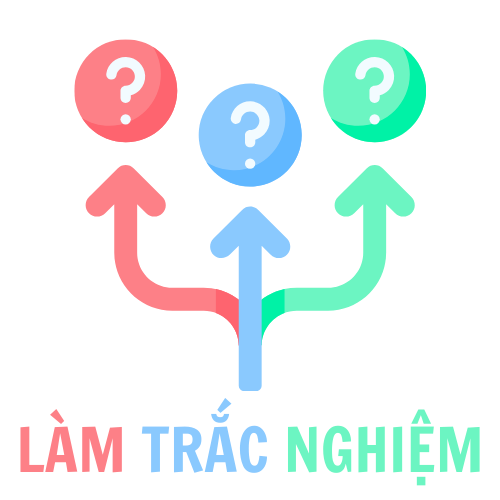Đề Trắc Nghiệm Tiếng Anh lớp 10 Unit 2: A day in the life – Phonetics and Speaking – Explore New Worlds tổng hợp câu hỏi trắc nghiệm chứa đựng nhiều dạng bài tập, bài thi, cũng như các câu hỏi trắc nghiệm và bài kiểm tra, trong bộ Trắc Nghiệm Tiếng Anh 10 – Cánh Diều. Nội dung trắc nghiệm nhấn mạnh phần kiến thức nền tảng và chuyên môn sâu của học phần này. Mọi bộ đề trắc nghiệm đều cung cấp câu hỏi, đáp án cùng hướng dẫn giải cặn kẽ. Mời bạn thử sức làm bài nhằm ôn luyện và làm vững chắc kiến thức cũng như đánh giá năng lực bản thân!
Đề 01
Đề 02
Đề 03
Đề 04
Đề 05
Đề 06
Đề 07
Đề 08
Đề 09
Đề 10
0
0
0
0
0
0
0
0
0
0
